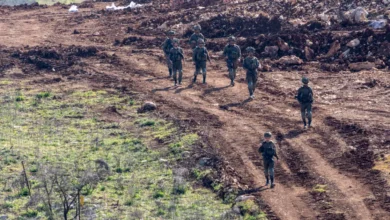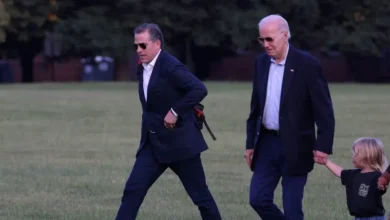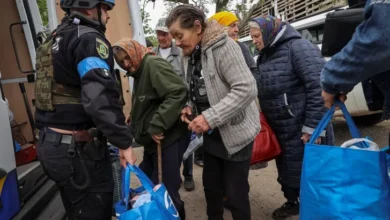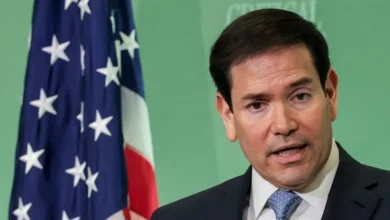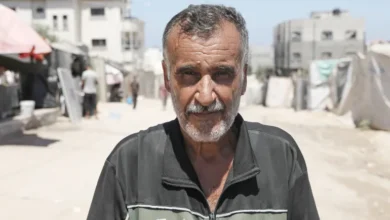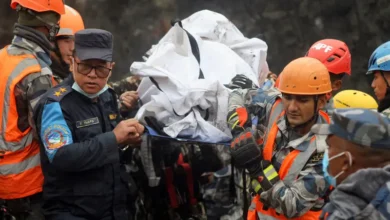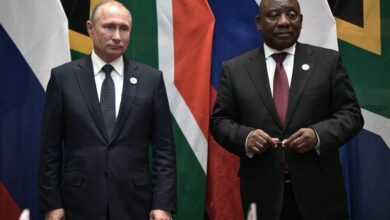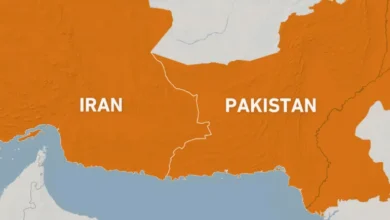Could Greece and Turkey reconcile after elections?
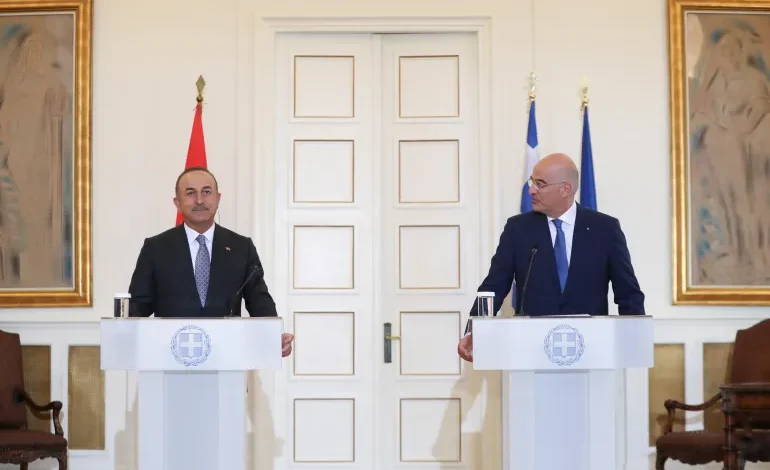
So-called earthquake diplomacy is a potential opportunity for Ankara and Athens to mend fences after elections in both countries this month. That seems to be the prevailing theory in the US State Department, after earthquakes in February killed tens of thousands of people in Turkey and left 1.5 million homeless.
“It is in everyone’s interest here to work towards peace,” said US Ambassador to Greece George Tsunis at the Delphi Economic Forum on April 27. “At the end of the day, actions have not followed election-year rhetoric. There is a desire on both sides of the Aegean to seek peace and compromise.”Greece was the first country to send emergency assistance and extraction teams to Turkey, and the foreign and defence ministers of both countries have since met and proclaimed improved relations.
But that could be skin deep.
After expressing his condolences for a rail disaster in late February that killed 57 people in Greece, Turkish President Recep Tayyip Erdogan restated Ankara’s disputes about Greek sovereignty over the east Aegean islands. So did his foreign minister, Mevlut Cavusoglu.
Last year, Erdogan’s junior coalition partner caused a stir when he published a map depicting some islands as Turkish. And last month, Erdogan followed suit in a television campaign ad.Greek Prime Minister Kyriakos Mitsotakis dismissed those maps as “provocative, unacceptable and ridiculous”. His defence minister, Nikolaos Panagiotopoulos, said their publication was a sign of the fact that “long-term Turkish goals don’t change”.
Nonetheless, there is a persistent rumour that after Turkey’s May 14 elections and Greece’s May 21 vote, the US will encourage Germany to undertake a diplomatic initiative to get Greek-Turkish talks going.
“My sources tell me that the US has been discussing a German diplomatic initiative for a while now,” Constantinos Filis, director of the Institute of Global Affairs at the American College of Greece, told Al Jazeera.
Strategic rivalry
The COVID-19 pandemic and Ukraine war have kept the two countries’ deteriorating relationship largely out of the headlines.In 2020, the Greek and Turkish navies nearly came to blows, as Greece objected to Turkish surveys for undersea oil and gas in what it considers its continental shelf.
The bone of contention is approximately half a million square kilometres of the east Mediterranean, which Greece believes it can claim as its continental shelf under the UN’s Convention on the Law of the Sea (UNCLOS), the global standard for maritime border delimitations.
Greece believes it has indications of 70-90 trillion cubic feet of gas deposits in the Ionian Sea and the Mediterranean Sea west of Crete – just a section of that expanse – worth some $200bn, and now needed to replace Russian gas in Europe.
Turkey, not a signatory to UNCLOS, objects, and has threatened Greece with war should it extend its territorial waters to 12 nautical miles off its mainland and island coasts in the Aegean – another UNCLOS entitlement.
Greece is so alarmed that despite its economic straits, it has embarked on an 11 billion-euro ($12bn) rearmament programme.
Greece’s ruling New Democracy party, the opposition Coalition of the Radical Left (Syriza), and the Movement for Change-Panhellenic Socialist Movement have all in the past agreed on sending the continental shelf dispute for arbitration to the International Court of Justice at the Hague. And all roundly agree on the election result they would like to see in Turkey.
Erdogan’s rival, opposition leader Kemal Kilicdaroglu, holds a slight edge in the polls. He is widely expected to perform well on May 14 and be Erdogan’s challenger in a May 28 runoff election.
“If Kilicdaroglu wins, we will certainly have two changes. One is in the style of politics. Erdogan is quite brusque and abrasive… One doesn’t expect that sort of behaviour from Kilicdaroglu,” Filis told Al Jazeera.
“The second is that Erdogan is seen as an autocratic figure who is becoming worse, and Kilicdaroglu advertises that his Turkey will become more democratic … He will draw closer to the EU.”
